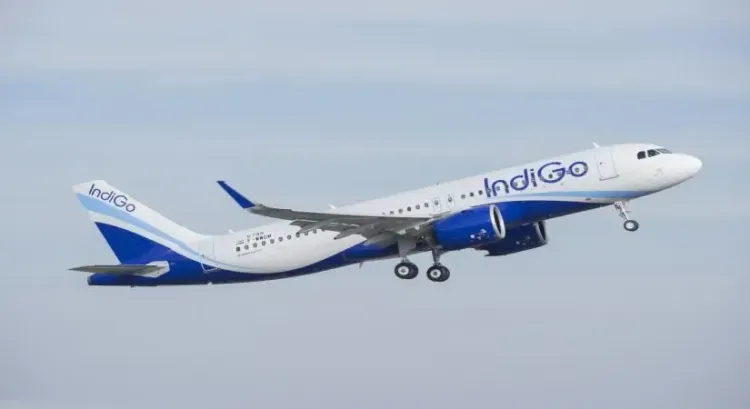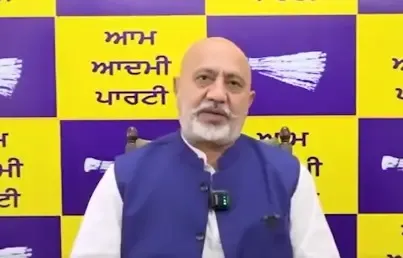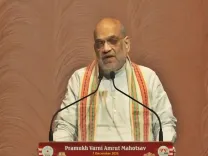Will the Govt Renew IndiGo's Agreement with Turkish Airlines?

Synopsis
Key Takeaways
- The IndiGo agreement with Turkish Airlines is unlikely to be renewed due to diplomatic issues.
- Turkey's support for Pakistan has strained relations with India.
- Indian travelers are canceling trips to Turkey and Azerbaijan.
- Several Indian universities have cut ties with Turkish institutions.
- Security concerns have led to the revocation of clearance for Turkish companies in India.
New Delhi, May 19 (NationPress) The government appears to be hesitant to renew the leasing agreement between IndiGo and Turkish Airlines due to deteriorating diplomatic relations. This tension follows Turkey's overt support for Pakistan in the aftermath of the Pahalgam terror attack and India's Operation Sindoor aimed at avenging the deaths of 26 tourists.
The existing agreement, which permits IndiGo to operate wide-body aircraft on the Delhi-Istanbul route, is set to expire on May 31. An ongoing government review suggests that, given the current diplomatic climate, a renewal of the deal is improbable, as reported by NDTV Profit, citing informed sources.
Currently, IndiGo operates over 500-seater Airbus A330 aircraft leased from Turkish Airlines for its flights to Istanbul. This partnership also includes a codeshare arrangement, enabling IndiGo to offer over 40 connecting destinations across Europe and North America via Istanbul.
IndiGo has defended this collaboration, describing it as “strategic” and vital for providing Indian travelers with long-haul international access.
In addition to its vocal support during the tragic Pahalgam incident, Turkey has supplied drones to Pakistan, which were reportedly used in attacks against India during Operation Sindoor.
The potential renewal of the IndiGo agreement with Turkish Airlines arises as India is already severing ties with Turkish enterprises and educational institutions.
On Thursday, the government revoked the security clearance for the Turkish ground handling company Celebi Airport Services at Indian airports, citing national security issues.
This Turkish firm managed approximately 70% of ground operations at Mumbai airport, encompassing passenger services, load control, flight operations, cargo handling, postal services, warehouse management, and bridge operations.
Additionally, Adani Airport Holdings has terminated its agreement with Turkish business DragonPass, which provided access to lounges for its customers.
The spokesperson for Adani Airport Holdings stated, “Our partnership with DragonPass, which granted access to airport lounges, has been ended immediately. DragonPass customers will no longer have lounge access at Adani-managed airports. This modification will not affect the airport lounge experience for other travelers.”
As a result of the nationalist backlash against Turkey and Azerbaijan for their support of Pakistan in the ongoing conflict, numerous Indian tourists have canceled their trips to these nations. Major online travel booking platforms such as MakeMyTrip and EaseMyTrip have reported widespread cancellations and a significant decrease in Indian tourists wishing to visit Turkey and Azerbaijan.
In a similar vein, several Indian universities, including Jawaharlal Nehru University, Jamia Millia Islamia, and Maulana Azad National Urdu University, have suspended academic collaborations with Turkish institutions.










